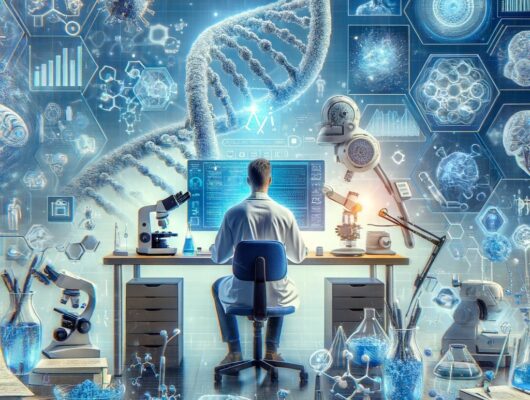The use of AI in life science is catching rapid growth. From drug discovery to patient care, AI algorithms can analyze vast amounts of data to generate insights that are transforming the drug development process and enabling personalized treatment plans. But AI has also had a profound impact on how content marketing and communication are executed. By leveraging AI-driven tools, life sciences organizations can create targeted, data-driven campaigns that resonate with their audience, enhance their brand reputation, and drive meaningful engagement.
AI Uses In Drug Discovery
When it comes to AI use in life science, the global AI in drug discovery market is poised to reach USD 4.9 billion by 2028, growing at a Compound Annual Growth Rate (CAGR) of 40.2% from 2023 to 2028. This rapid growth is driven by the increasing need to control drug discovery and development costs, reduce the time involved in drug development, and improve the success rates of clinical trials.
AI algorithms, particularly machine learning and deep learning models, are being employed to analyze vast datasets related to genetics, molecular structures, and biological interactions.
These AI systems can predict potential drug candidates, assess their safety profiles, and optimize the drug development process. By automating tasks, analyzing large datasets, and generating new insights, AI use in life science has the potential to revolutionize the drug discovery process, enabling faster and more efficient identification of new targets and optimized therapeutic agents.
AI Uses In Personalized Medicine
The global generative AI in personalized medicine market is surging, with an overall revenue growth expectation of hundreds of millions of dollars from 2023 to 2032. This growth is driven by the increasing emphasis on personalized medicine, which adjusts patients’ course of care based on their unique traits. Generative AI technology is used to identify biomarkers and patient outcomes, forecast medication reactions, and create individualized treatment plans by evaluating massive patient data, including genomes, proteomics, or medical records.
Hospitals and clinics are the fastest-growing segment in the generative AI in personalized medicine market, driven by the need for effective diagnosis and treatment planning. The growth of the market is attributed to the presence of significant key players investing in AI, such as Alphabet, Microsoft, Apple, and Nvidia, and the increasing adoption of AI technology for various objectives, including precision medicine and clinical trial design.
AI In Life Science Imaging
AI technologies are being utilized in life science medical imaging to analyze CT scans, x-ray images, MRIs, and other images to look for lesions or additional results that a human radiologist might overlook. This application of AI in medical imaging is expected to continue growing, driven by the increasing need for accurate and efficient diagnosis and treatment planning.
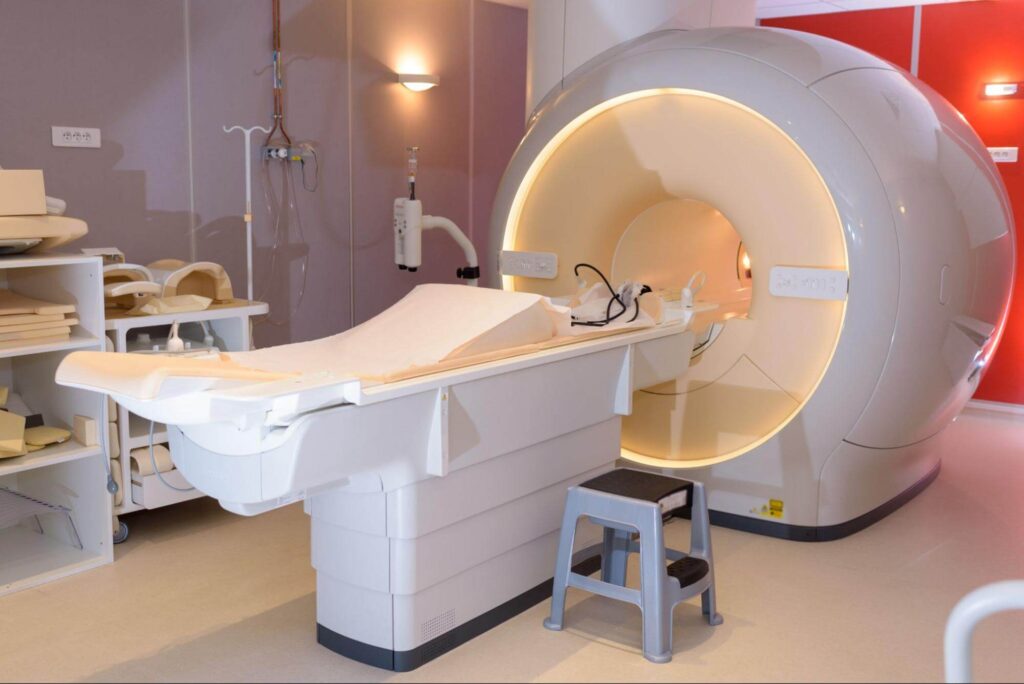
AI-Powered Marketing Strategies In Life Sciences
AI is also transforming life sciences marketing by enabling personalized customer journeys, predictive analytics, enhanced content creation, and improved customer service. Here are some key strategies:
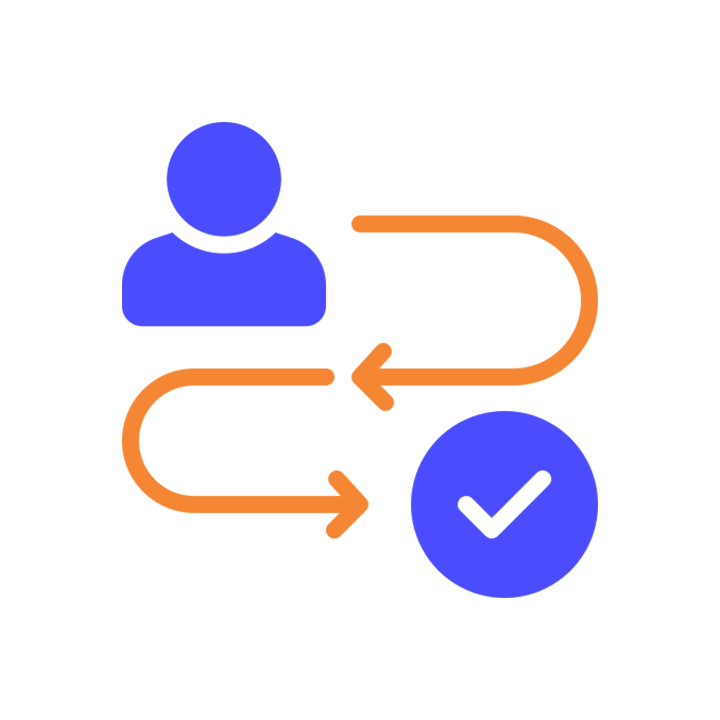
Personalized Customer Journeys
Personalization is not only a crucial capability, it punches above its weight—no matter whether the company is a digital native, a brick-and-mortar player, or a behind-the-scenes producer or supplier. Machine learning algorithms and data analytics allow companies to gain deep insights into customer behavior, preferences, and journey patterns.
For instance, Novartis uses AI to analyze patient data and tailor its marketing efforts to specific patient populations. By understanding the unique needs and preferences of different patient groups, Novartis can create content that resonates more effectively, leading to better engagement and outcomes.
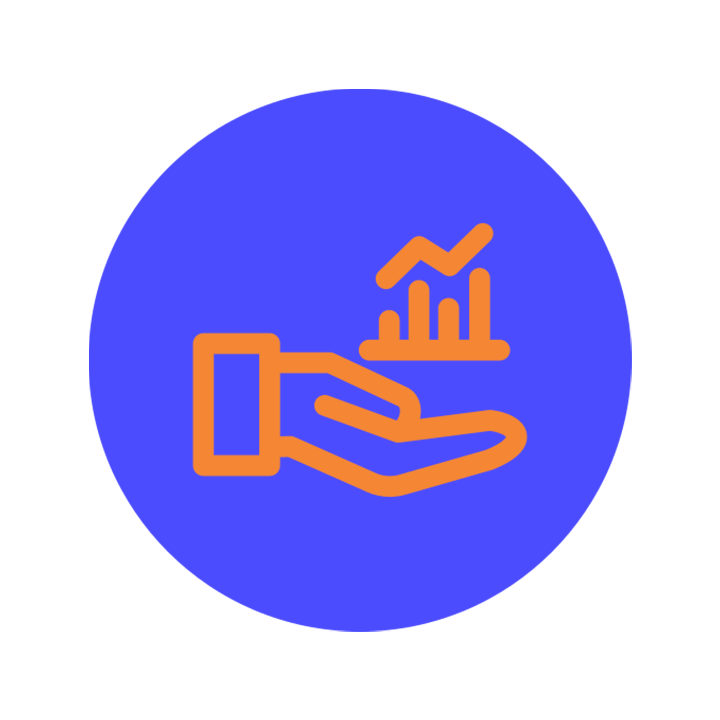
Predictive Analytics For Targeted Marketing
AI's predictive capabilities go beyond personalization. They allow life science marketers to accurately forecast market trends and customer behavior. Machine learning algorithms and vast data sets enable companies to uncover patterns and insights that would be difficult to identify through traditional methods.
Amgen, a leading biopharmaceutical company, has leveraged predictive analytics to refine its marketing strategies. Through this extensive data which includes customer interactions, market trends, and sales figures, Amgen can make informed decisions about product positioning, pricing, and promotional campaigns.
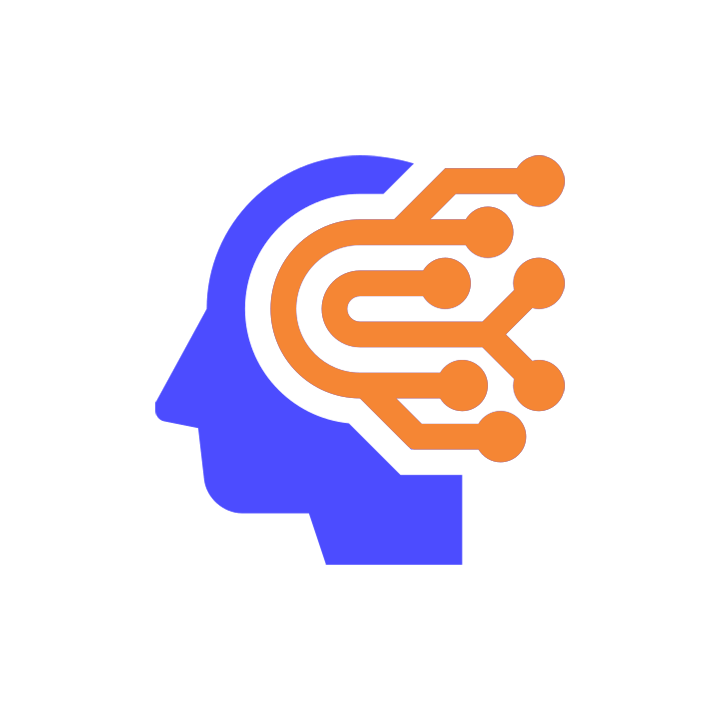
AI-Enhanced Content Marketing: Creation & Optimization
AI content marketing tools empower life science companies to create more engaging, targeted content at scale. Content marketers can now use AI content generation tools to produce high-quality blog posts, web pages, and social media posts in a fraction of the time it would take human writers.
But AI's impact goes beyond just content generation tools. AI software can analyze past content performance, audience behavior, and search engine data to identify high-value topics and keywords. This enables a data-driven content marketing strategy that attracts the right target audience.
AI content marketing is also being used to improve the clinical trial process. AI algorithms can quickly analyze vast amounts of unstructured clinical trial data from electronic data capture systems. This enables faster identification of potential drug candidates, adverse events, and patient populations that may benefit from a particular treatment. AI-powered content can then be deployed to engage and recruit the right patients for clinical trials.
See our Content Strategy & KPIs Template.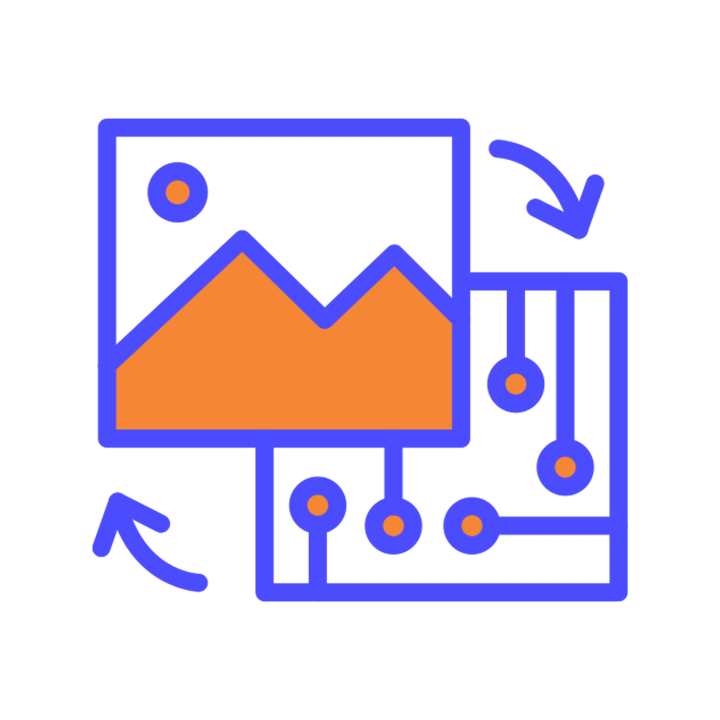
AI Images In Content Creation
The use of artificial intelligence (AI) in image creation has opened up new possibilities for life science companies. AI image tools can generate images based on specific prompts or instructions, leveraging massive datasets of images to produce high-quality visuals.
AI imagery can be categorized into three main applications:
- Image Generation: This involves using text-to-image generation methods, where AI algorithms create images based on user prompts. For example, a user can input a description of a molecule, and the AI tool will generate an image of the molecule's structure.
- Image Manipulation & Enhancement: This application allows users to address minor imperfections such as color imbalances or make more intricate modifications like cropping or touch-ups. This can be particularly useful for enhancing scientific images or illustrations.
- Image Understanding & Retrieval: This feature enables users to provide an image and have the AI tool identify and categorize the image and objects within it. Additionally, AI can scrape search engines like Google to find the source of the provided image.
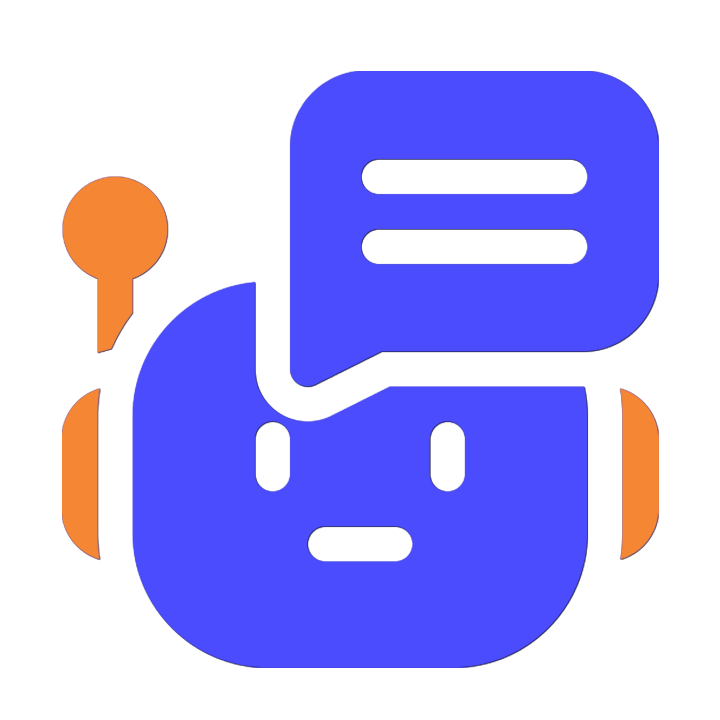
Chatbots & Virtual Assistants For Improved Customer Service
For life sciences, timely access to information can be critical. And that’s one of the reasons why AI-powered chatbots and virtual assistants are revolutionizing customer service. These intelligent assistants can provide instant support, answer queries, and guide customers through complex processes—ensuring a seamless and satisfying experience.
Pfizer has implemented AI-driven customer support to enhance its operations. By leveraging natural language processing and machine learning, these assistants can understand and respond to customer inquiries with precision, reducing response times and increasing customer satisfaction.
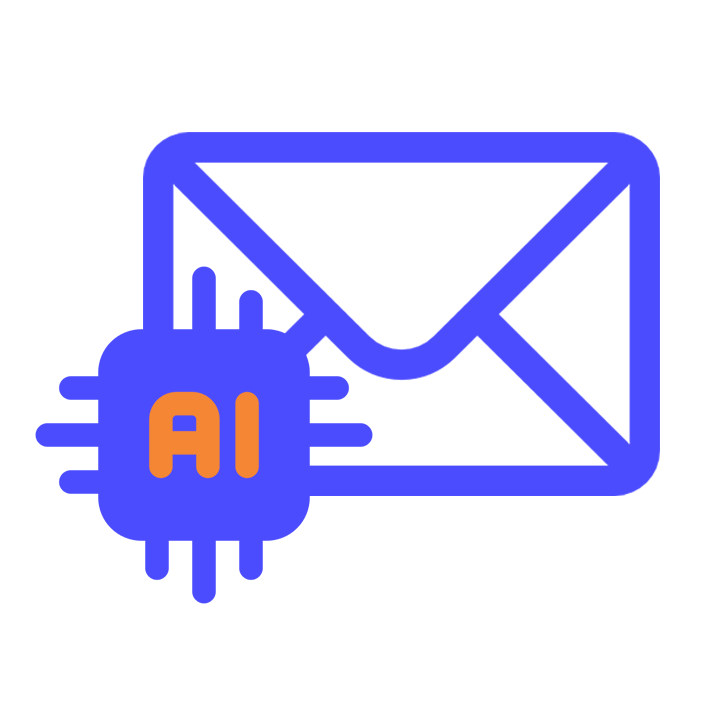
AI-Driven Email Marketing Campaigns
AI algorithms can analyze vast amounts of data, including customer demographics, behavior patterns, and engagement metrics to create highly targeted email campaigns. These campaigns can be further optimized through A/B testing and real-time analytics, ensuring that the right messages reach the right audiences at the right time.
For instance, Merck has seen a significant increase in open rates, click-through rates, and conversions by segmenting its audience based on AI-driven insights and delivering personalized content.
AI In Life Sciences: Additional Key Applications & Challenges
- Target Identification & Validation: AI algorithms can identify and validate new targets for disease treatment by analyzing large datasets related to genetics, molecular structures, and biological interactions.
- Hit Identification & Prioritization: AI can identify and prioritize potential drug candidates by analyzing large datasets related to genetics, molecular structures, and biological interactions.
- Lead Optimization: AI can optimize the lead optimization process by analyzing large datasets related to genetics, molecular structures, and biological interactions.
- Clinical Decision Support Systems: AI can provide clinical decision support systems to assist doctors in making decisions about treatments, drugs, mental health, and other needs of patients.
- Image Analysis: AI can analyze medical images to look for lesions or additional results that a human radiologist might overlook.
AI Content Policy For Life Science Companies
As beneficial as it may seem, the integration of AI into life sciences marketing requires careful consideration. Teams need AI expertise to implement the technology and a solid data foundation to train AI models. Content still requires human oversight to ensure accuracy, relevancy, and regulatory compliance. Patient data security and privacy are also critical concerns.
But while AI is rapidly transforming our world, so is the legal landscape surrounding it. In October 2022, President Biden announced a Blueprint for an AI Bill of Rights which includes the following:
- You should be protected from unsafe or ineffective systems.
- You should not face discrimination by algorithms and systems should be used and designed equitably.
- You should be protected from abusive data practices via built-in protections and you should have agency over how data about you is used.
- You should know that an automated system is being used and understand how and why it contributes to outcomes that impact you.
- You should be able to opt-out, where appropriate, and have access to a person who can quickly consider and remedy problems you encounter.
When using AI tools for content marketing, it is important to add a clear AI disclosure to ensure transparency and compliance with emerging regulations. You can find more information about AI legislation and best practices here.
To learn more about how AI in life science can be leveraged in your expansion strategy, reach out to us. Our team of experts at Sciencia Consulting is dedicated to providing you with the latest insights, trends, and best practices in AI-driven life sciences. With our expertise in data-driven strategy development, operational improvement, product launch, and digital transformation, we can help you unlock the full potential of AI in life sciences and drive business growth. Contact us today to discover how our tailored solutions can support your organization’s success.






